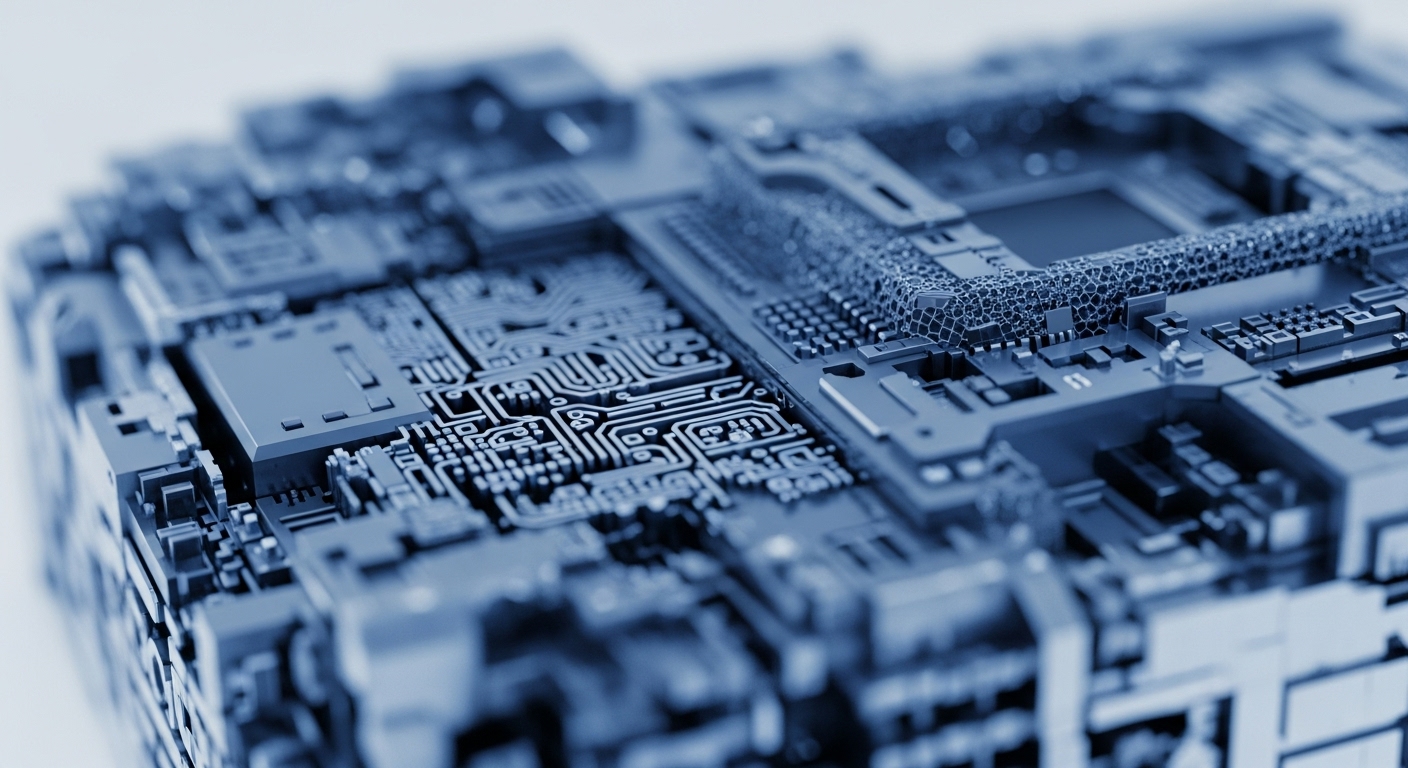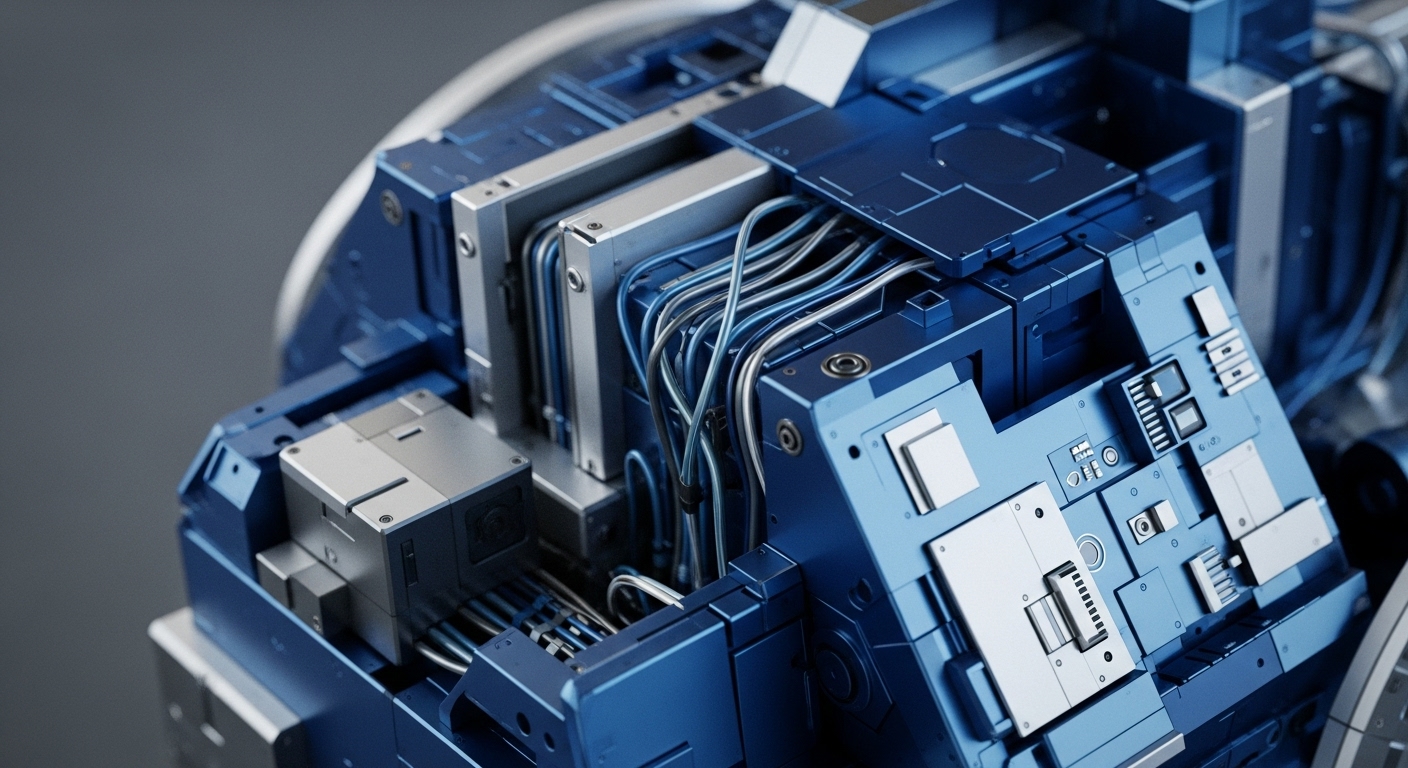
Briefing
The pervasive Keccak hash function, central to Ethereum’s state trees, presents a significant computational bottleneck in zero-knowledge proof systems. Binary GKR, a novel proof system, directly addresses this by optimizing proof generation for binary operations, achieving a 5.7x speedup for Keccak proofs. This breakthrough is poised to transform zkEVM architectures by significantly reducing proof costs and enhancing throughput, propelling Ethereum towards a truly zero-knowledge native Layer-1.

Context
Before this research, the efficient proving of complex, bitwise-heavy functions like Keccak within zero-knowledge environments remained a formidable challenge. Traditional zero-knowledge proof systems, while powerful for arithmetic circuits, struggled with the granular, bit-level operations inherent in cryptographic hashing, leading to substantial overhead and limiting the practical scalability of zkEVMs and verifiable computation on Ethereum.

Analysis
Binary GKR introduces a high-performance proof system specifically engineered for binary operations, using bits as the fundamental unit of computation. This design fundamentally differs from prior approaches that often struggled to efficiently represent and prove bitwise logic within arithmetic circuits. By aligning its proof generation with the intrinsic binary nature of functions like Keccak, Binary GKR dramatically reduces the computational complexity. The system’s core mechanism leverages this bit-centric approach to achieve unprecedented efficiency, demonstrating a 5.7x speedup over existing binary proof systems like FRI-Binius for Keccak proofs.

Parameters
- Core Concept → Binary GKR Proof System
- Key Function Optimized → Keccak Hash Function
- Performance Improvement → 5.7x Speedup for Keccak Proofs
- Development Team → Polyhedra Network
- Primary Application Area → zkEVM Architectures

Outlook
This research opens new avenues for optimizing cryptographic primitives within zero-knowledge contexts, particularly for functions critical to blockchain infrastructure. Future steps will likely involve integrating Binary GKR as a “universal acceleration sidecar” across various zkEVM implementations, potentially unlocking real-time zero-knowledge proving for entire Ethereum blocks within the next 3-5 years. The approach could also inspire the development of similarly optimized proof systems for other bitwise-intensive cryptographic operations, further advancing the efficiency and practicality of verifiable computation in decentralized systems.

Verdict
Binary GKR represents a pivotal advancement in zero-knowledge cryptography, fundamentally reshaping the efficiency landscape for bitwise operations crucial to scalable blockchain architectures.
